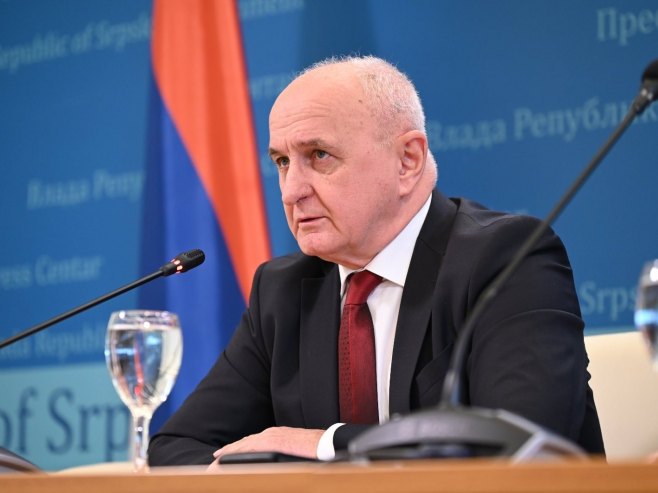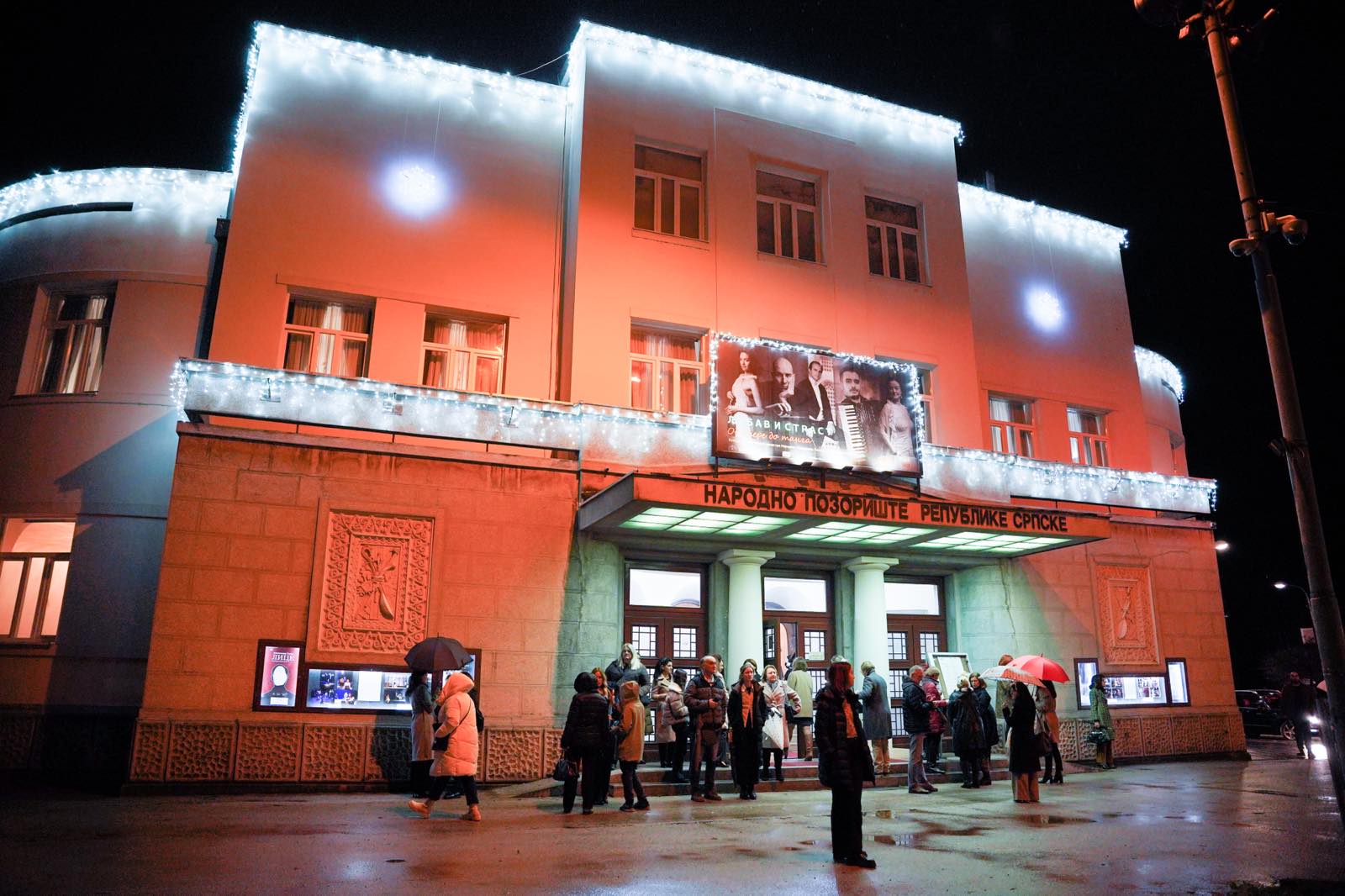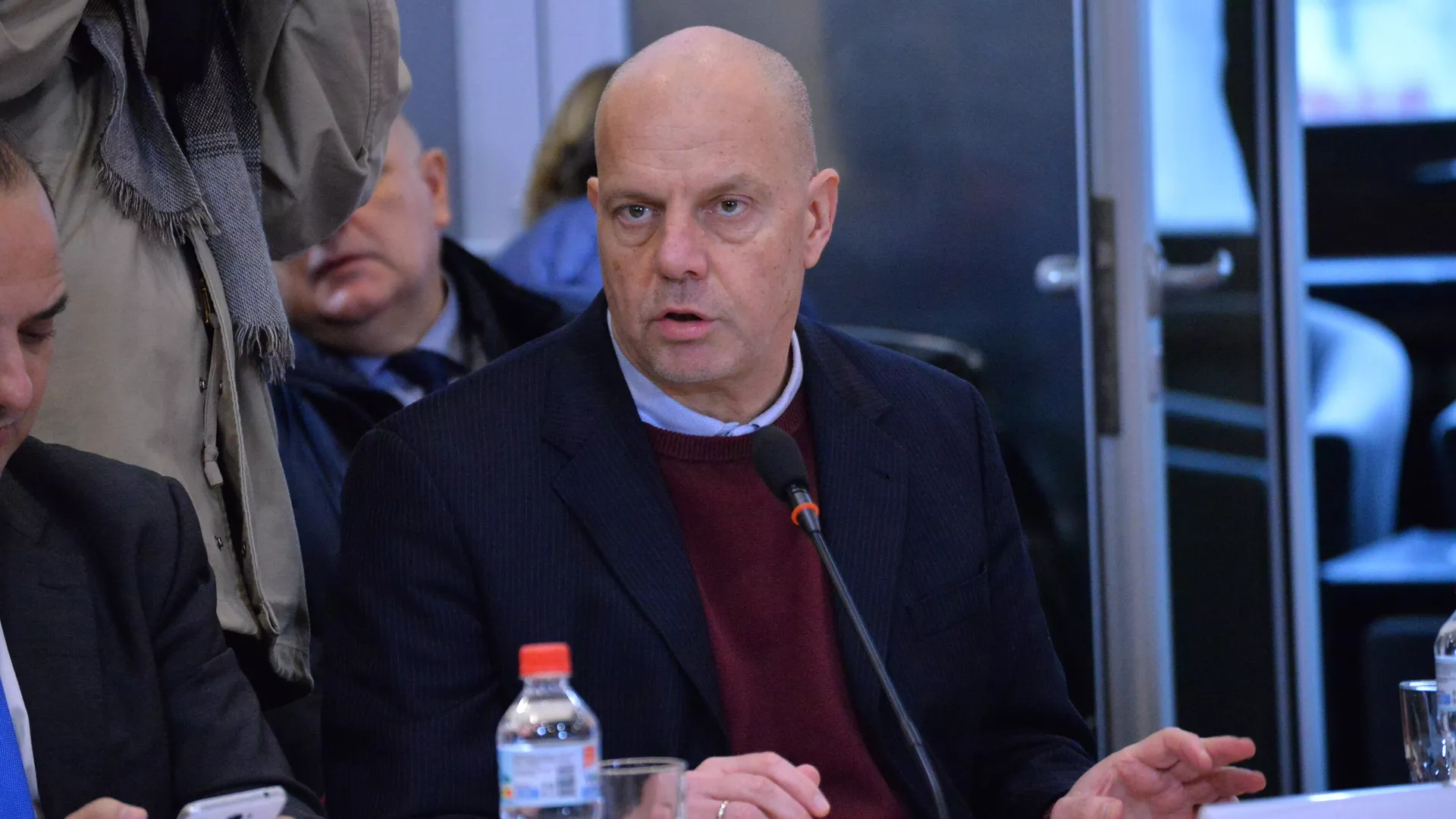The elections for the European Parliament have brought significant changes to the political scene in Europe, reflecting the rise in support for right-wing parties and causing upheaval in some key EU member states, stated Bojana Kondić Panić, Bosnia and Herzegovina’s ambassador to France.
“The election results are a reflection of broader trends that we have been observing in Europe for some time, primarily driven by two current issues: the migrant crisis and the war in Ukraine. These two topics have significantly contributed to the rise in popularity of far-right and nationalist parties,” Panić said to Srna.
According to her, the election results could lead to important changes within the EU.
She emphasized that the current coalition of liberals, socialists, and Christian democrats is likely to maintain a majority in the European Parliament, meaning that little will change in a functional and operational sense.
However, she pointed out that changes are occurring in a political and psychological sense.
“The newly formed EU authorities will have to respect the voters’ voice, which reflects social fears and unrest, and they must offer responses to these challenges, potentially offering alternatives to the solutions proposed by far-right parties,” Panić noted.
Although there hasn’t been a revolution by far-right parties at the EU level, she said, it is evident that there is a trend of increasing societal support for the right.
“Since the last European Parliament elections in 2019, parties labeled by mainstream media, politicians, and columnists as populist or far-right are now leading governments in three countries – Hungary, Slovakia, and Italy – and are part of ruling coalitions in other countries, including Sweden, Finland, and soon the Netherlands,” Panić highlighted.
She pointed out that the election results in Germany and France, where the ruling parties have lost, are particularly noteworthy.
“These are the two largest EU countries, the two largest economies. Germany is the most populous country, and France is a nuclear power. The EU was founded on Franco-German cooperation, and Berlin and Paris still have a decisive say in the most important European matters, from staffing decisions in the European bureaucracy to the strategic directions of EU policy,” she said.
The election results have shown that there are significant disruptions in the functioning of the Franco-German engine driving the EU.
“The defeat of political options led by President Macron in favor of Marine Le Pen’s National Rally, or the defeat of German Social Democrats by Alternative for Germany (AfD), cannot be explained otherwise,” Panić remarked.
She added that Macron’s warnings about rising authoritarianism and calls for European unity before the vote did not boost his party’s results, as concerns about inflation, security, and immigration increased support for Le Pen’s party.
“Clearly, the citizens of France were not impressed by Macron’s repeated statements that these elections are an existential struggle for Europe and crucial for Ukraine’s defensive war against Russia,” Panić assessed.
She added that the authorities in the two largest EU countries have failed to find answers to the questions troubling their citizens, such as migration issues, security, rising inflation, and declining living standards.
The political winners, she noted, are right-wing and far-right parties, while the major losers are the Greens and Socialists.
Regarding Bosnia and Herzegovina, Kondić stated that the rise of right-wing and far-right parties in EU countries could slow down the path to full EU membership because these countries, besides tightening immigration laws, are also increasing their resistance to EU enlargement. Faced with solving a range of internal issues, the EU will be unable to expand in the foreseeable future.
“On the other hand, such a stance from EU countries could increase the already present Euroscepticism in Bosnia and Herzegovina, as citizens feel tired after decades of waiting for EU membership and unfulfilled expectations,” Kondić concluded.
In the European Parliament elections, Marine Le Pen’s far-right National Rally achieved the best results in France.
In Austria, for the first time since World War II, a far-right party became the strongest party.
In Germany, the far-right AfD took second place, achieving its best result ever, surpassing the party of current Chancellor Olaf Scholz.
In Italy, Prime Minister Giorgia Meloni has solidified her position.
Source: RTRS









